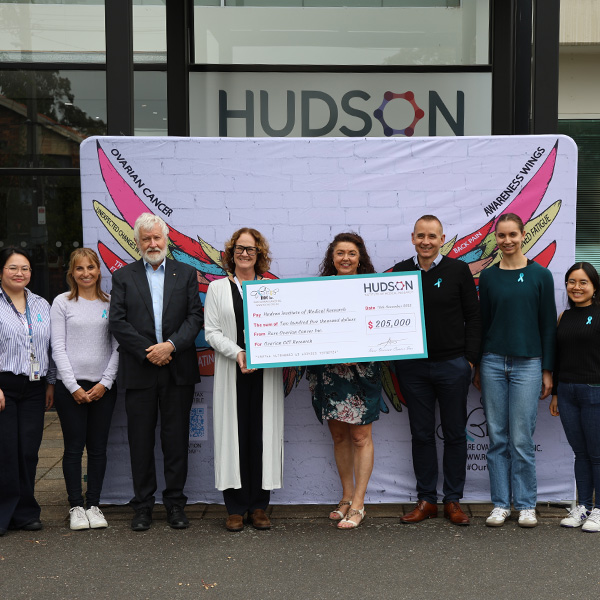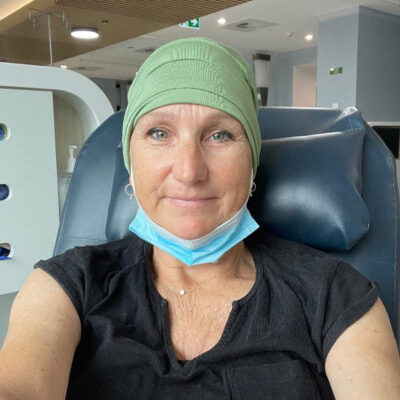Congratulations to our CASS Foundation grant awardees
By Hudson Institute communications
Five Hudson Institute researchers have been awarded one-year Medicine/Science grants totalling nearly $300,000 by The CASS Foundation, to advance their research projects into mitochondrially-driven cancers, ovarian cancer, Parkinson’s disease, primary aldosteronism and endometriosis in 2020.
The CASS Foundation supports short-term, ‘proof of concept’ Victorian medicine and science research projects in promising topic areas, which have the potential to attract longer-term funding and contribute to better practice and delivery of services.
Congratulations to our awardees: Dr Daniel Garama, Dr Amy Wilson, Dr Jimmy Shen, Dr Fiona Cousins, and Dr Joohyung Lee.

Switching off mitochondrially-driven cancers
Dr Daniel Garama
The grant awarded to Dr Garama will enable him to investigate mitochondrial protein import interactions. These interactions are critical for the metabolic changes that drive cancer formation and may provide new treatments and drug targets for some of the deadliest cancers.

Therapeutic targeting of the deadly leader cell population: a novel treatment for ovarian cancer
Dr Amy Wilson
Dr Wilson’s laboratory has previously demonstrated that a deadly population of ovarian cancer cells called ‘leader cells’ are responsible for invasion into healthy tissue. They are looking at targeting these cells as a novel therapy in a pre-clinical ovarian cancer model.

124I-iodometomidate PET scan for primary aldosteronism—a novel and less invasive method of finding a curable source of high blood pressure
Dr Jimmy Shen
Primary aldosteronism is a condition due to excessive production of the hormone aldosterone by the adrenal gland, which causes high blood pressure and heart disease. An invasive procedure known as adrenal vein sampling (AVS) is usually performed to determine whether the overproduction of aldosterone is due to one adrenal gland (surgery will benefit) or both adrenal glands (medication is the treatment of choice). Dr Shen’s study will employ a non-invasive nuclear medicine 124I iodometomidate scan to determine if it is as good as the AVS for this purpose, with less waiting time and lower cost to the patient and health network.

Moving one step closer to a cure for endometriosis
Dr Fiona Cousins
Endometriosis is a chronic disorder that has a major impact on quality of life. There is no cure and current treatments are limited. We are investigating whether a new, naturally-produced cytokine can be used as a therapeutic for the disease. This project looks to characterise its activity on target cells in the endometrium and endometriotic lesions.

Translating inhibitors as a novel therapy for Parkinson’s disease
Dr Joohyung Lee
The project aims to identify novel drugs to slow the progression of Parkinson’s disease (PD) using preclinical human cellular models of PD.
- Cancer
- Ovarian cancer
- Women’s and Newborn health
- Endometriosis
- Hormone disorders
- Endocrine hypertension
About Hudson Institute
Hudson Institute’ s research programs deliver in three areas of medical need – inflammation, cancer, women’s and newborn health. More
Hudson News
Get the inside view on discoveries and patient stories
“Thank you Hudson Institute researchers. Your work brings such hope to all women with ovarian cancer knowing that potentially women in the future won't have to go through what we have!”









